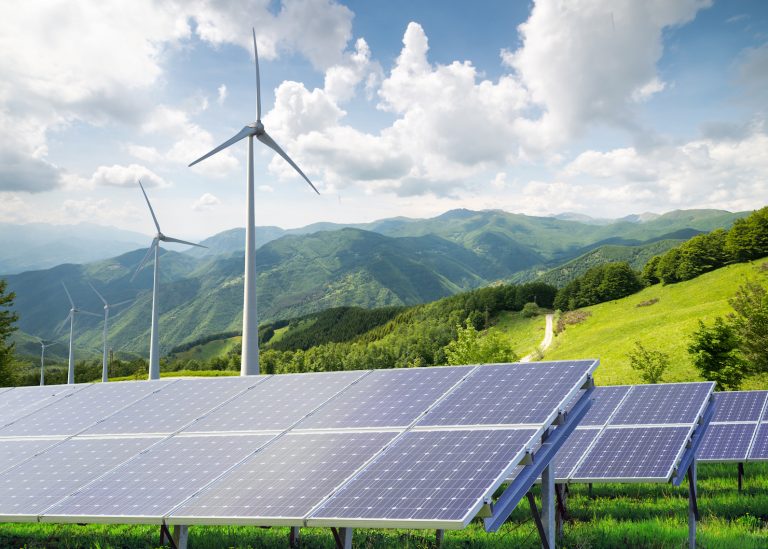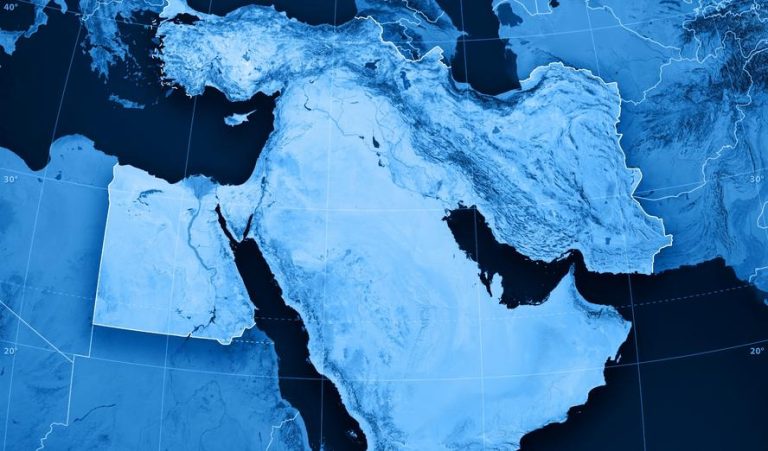Tunisian President Kais Said dissolved parliament on July 25th, removing the prime minister temporarily by decree. Encouraged by military and security officials, Sayed also lifted parliamentary immunity for democratically elected lawmakers, threatening to subject allegedly corrupt lawmakers to the letter of the law “despite their wealth and positions.” A day later, on July 26th, the president went a step further and introduced a curfew for a period of 30 days. Those better acquainted with the situation in Tunisia believe that this kind of demonstration of force by the President of the Republic represents the most serious challenge for Tunisia’s young democracy to date, much more serious than the 2013 protests that almost derailed Tunisia’s transition from dictatorship to political pluralism and democracy. Tunisia is considered the only true modern Arab parliamentary democracy, so the latest crisis in this easternmost Arab Maghreb country is a blow to the democracy project in general in the Arab world and its future prospects, and a particular disappointment to the moderate Islamic-oriented democratic movements engendered by the Arab awakening that started from Tunisia in 2011, later straddling a wide area of North Africa and the Levant, all the way to the south of the Arabian Peninsula in Yemen. Whether Tunisia will remain the only Arab democracy or fail the test as a victim of an anti-democratic reactionary intervention that some political scientists call a “self-coup” or a temporary takeover, will depend on how the domestic and international public will react to the latest political saga in Tunisia. Every time a coup takes place the likely outcome of which seem to be to the detriment of those democratic forces that are not closely associated with leading Western powers or are a thorn in the side of regional autocracies, many analysts and ‘academic acrobats’ leave the stone unturned to find such terminology to devalue or minimize the danger such a coup may represent for a democratic processes and society as a whole. Despite the transition from dictatorship to democracy, following the adoption of a new constitution reflecting progressive secular ideas and values that was reached by broad consensus, Tunisia has been hit hard by the deep economic crisis, widespread corruption and growing dissatisfaction of ordinary citizens with poor political party performance and with the entire ruling establishment. Deep economic crisis and people’s dissatisfaction with the political situation in the country gave impetus to the political rise of President Kais Saied to the helm of the country. Saied, a professor of constitutional law, was a political outsider, but he convincingly won the 2019 presidential election being perceived as a ray of hope and an independent force who will be able to reign in dysfunctional political parties squabbling for power in perpetuity while the country was sinking deeper and deeper into the abyss. Despite his popularity among the masses, Tunisia’s 2014 constitution limited the constitutional powers of the newly elected president, establishing a semi-presidential system in which President Saied shared power with the prime minister who draws his legitimacy from the democratically elected parliament that elects him.Analysts believe that this duality of power, both a diluted and divided system, has paralyzed political processes in Tunisia and further led to its stagnation. The system of government established in way has caused a situation in which President Saied, Prime Minister Hisham Meshishi, and Parliament Speaker Rachid Ghannouchi have seriously clashed over their powers on several occasions in recent years. Allegedly, these divisions also produced a paralysis of state institutions, which had detrimental effects on strategies as to how to resolve the crisis caused by the corona virus pandemic, which further worsened the economic and political situation in Tunisia. In this situation, there are sizable segments of the population who believe in the justification of the power illegally acquired by the President of the Republic at the expense of the Prime Minister and the Speaker of Parliament, hoping that greater presidential powers could help unblock political institutions, but these are not in any way in majority. For the president, the limitations of authority in the 2014 constitution are an obstacle to making some important decisions that are necessary for the country to emerge from the crisis and to effectively fight the endemic corruption that has widely spread in the recent decade. However, in a serious democratic system, constitutional reforms are negotiated within the political system in order to reach the best solutions. In Turkey, for example, which has been subject to systematic criticism for authoritarianism, the entire system was transformed from parliamentary to presidential, but it was done through democratic processes and with the approval of citizens who voted in the referendum no matter how much some may view it as flawed. However, instead of negotiating a constitutional revision within the system and elected officials, the Tunisian president opted for usurpation of power usually akin to that of an absolute monarch or a South American dictator. David Hearst, editor of Middle East Eye (MEE), a leading and highly influential media portal covering the political situation in the Middle East, wrote about this very explicitly. Hearst, after announcing the possibility of an impending coup in Tunisia in May, was accused of “spreading political fantasies projected in the circles of his Islamist friends”. However, Hearst claims that his sources were from secular circles within the Tunisian presidency rather than from Islamist sources. Since 2011, when a wave of Arab protests against autocratic rule, later called the Arab Spring, swept through much of the Arab world, Tunisia has been going through frequent crises, although the country has avoided armed conflict like those in Syria and Libya. In addition to numerous difficulties, Tunisia managed to maintain peace and a kind of compromise between the dominant and moderate Islamists gathered around post-Islamist Ennahda party and secular political parties. Tunisia is considered a bastion of moderate Muslim democracy, primarily thanks to the political pragmatism of Rashid Ghannouchi, the leader of Ennahda and the current speaker of parliament whose work the president of Tunisia has just suspended. Ghannnouchi



